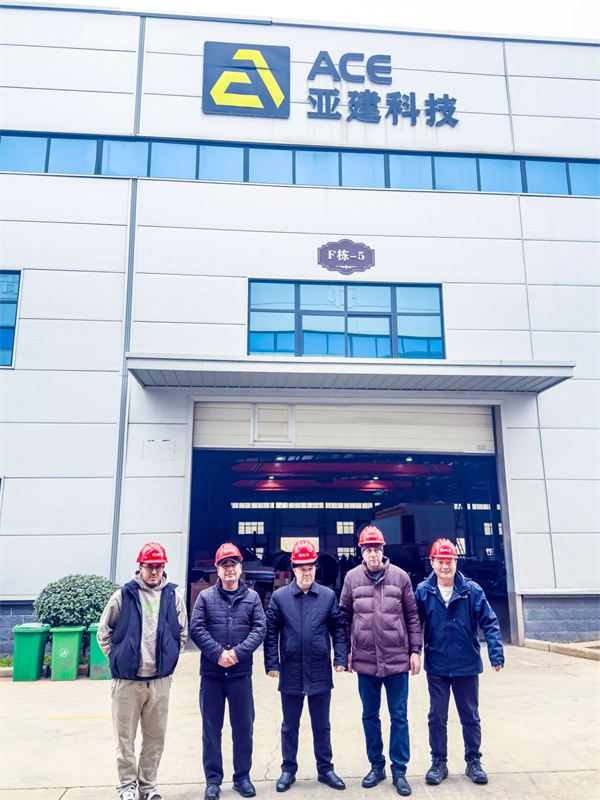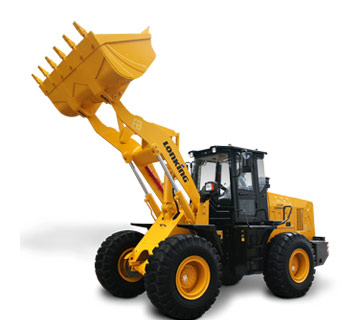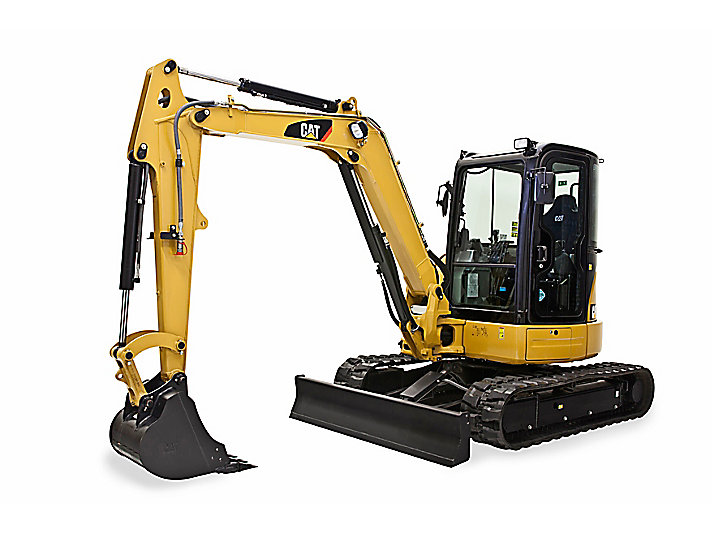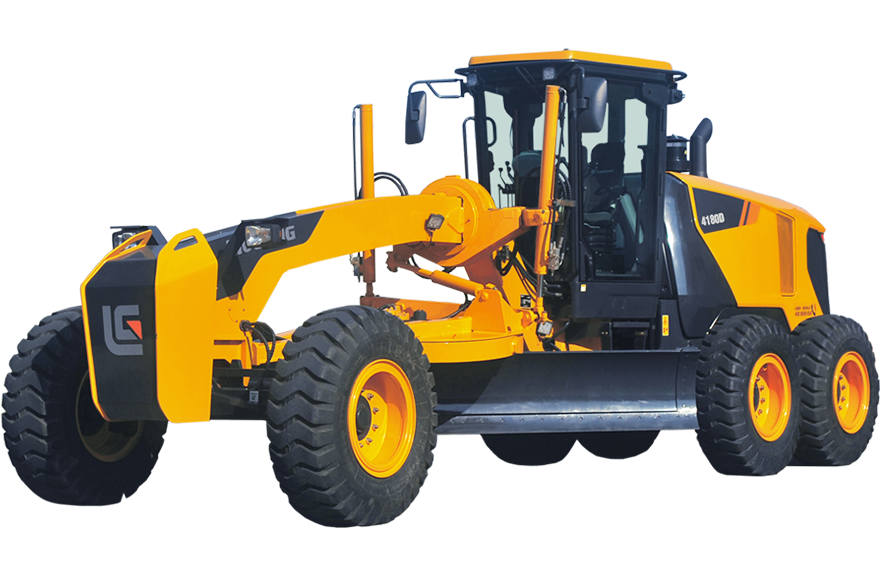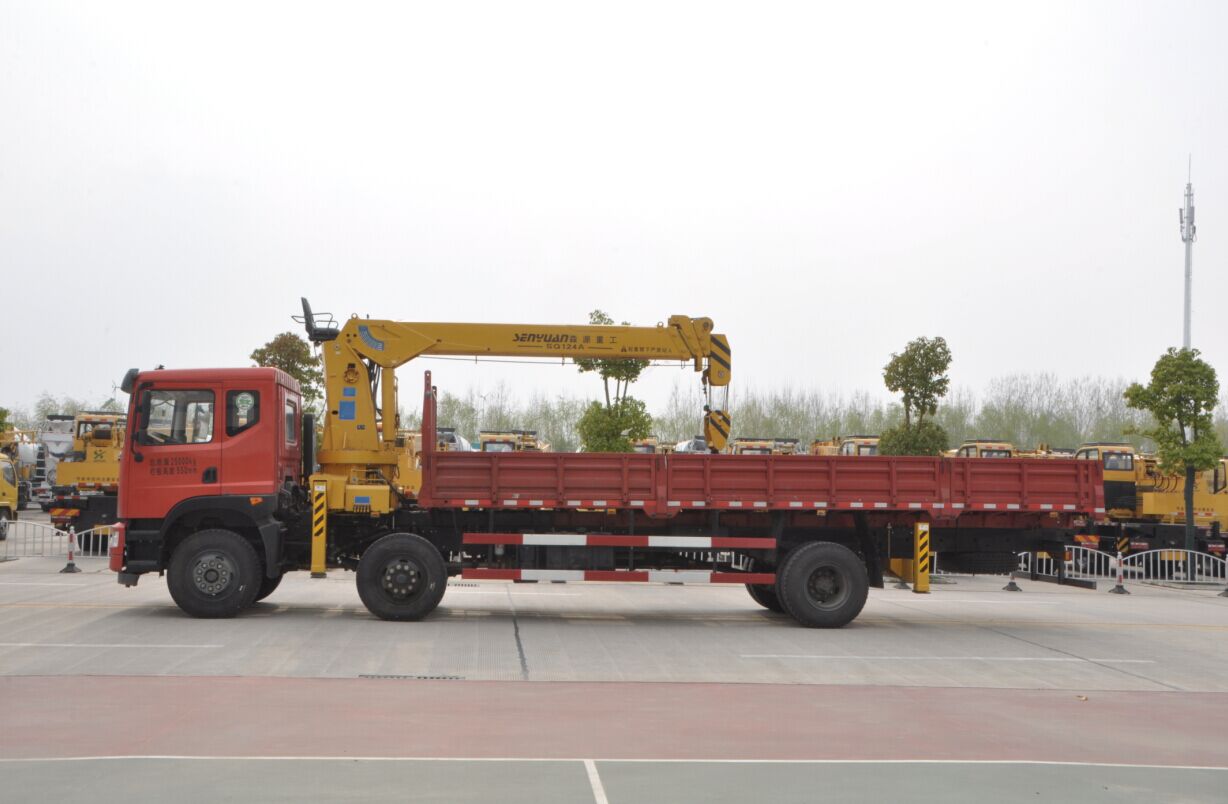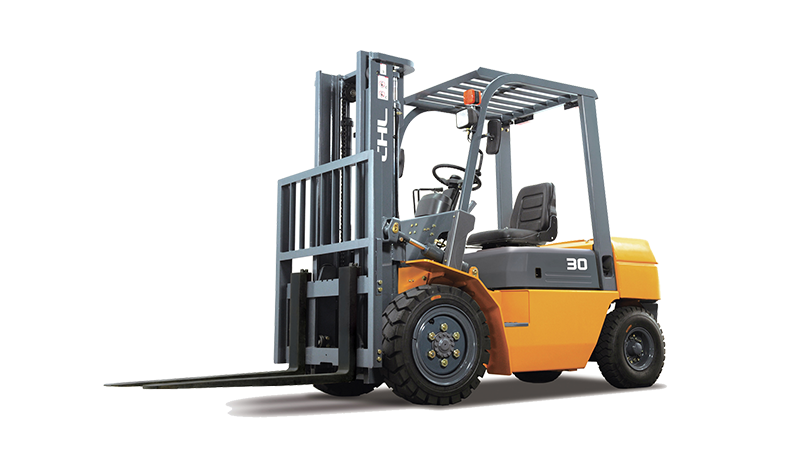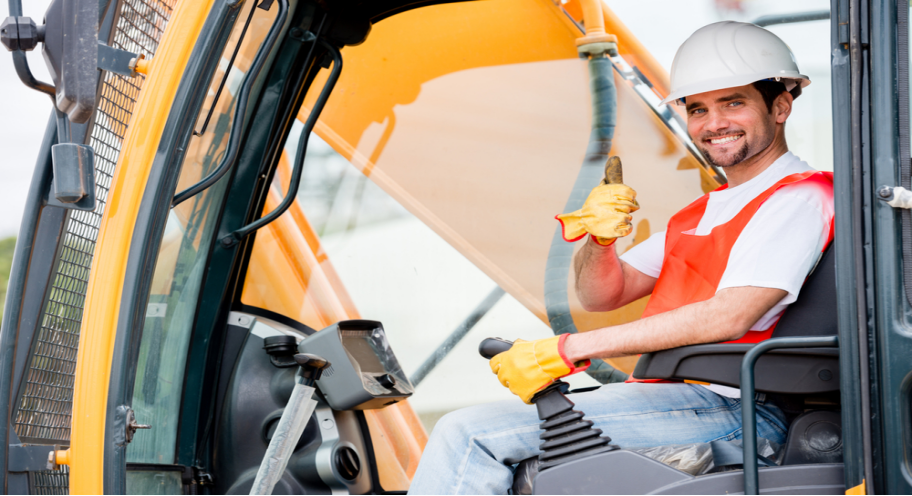
Heavy machinery – from cranes and front-end loaders to skid loaders, Bulldozers, and Tractors – is a great asset. Without the proper Earthmoving Equipment and heavy-duty machinery, much of our modern infrastructure would be impossible to build.
But heavy equipment is also inherently dangerous. The sheer size and weight of a piece of heavy diesel machinery means even a tiny mistake can be deadly. About 404 people in America die each year in heavy equipment accidents, and heavy equipment failure or misuse is one of the top 10 causes of workplace fatalities, according to OSHA.
So, in this article, we’ll go over some common-sense tips that you can use when operating heavy machinery, and overseeing the use of machinery on your job site. Whether you’re building roads, excavating a new job site, or putting up a brand-new building, these tips will help keep your workers safe. Let’s get started now.
1. Train, Train, Train – And Train Some More
First things first. Anyone who operates a piece of heavy equipment must be certified and trained to use it. That includes simply moving a piece of machinery to a new area – even if nothing more complex is required, you should never allow an untrained operator into the cab of a piece of heavy machinery.
Make sure that all of your employees who operate heavy equipment have a completely comprehensive understanding of how the machine works, what to do in emergencies, and the proper safety steps they need to take while operating the equipment.
It’s tempting to skip this step – particularly if you and your crew are seasoned equipment operators. But a little bit of review is never a bad thing. Consider having biweekly or monthly safety training sessions for equipment operators to help them brush up on safety skills and knowledge.
2. Inspect All of Your Machines Regularly Before Operation
A damaged machine is a dangerous machine. If a critical component of a piece of heavy equipment fails while it’s being operated, this could lead to a very dangerous situation.
For example, if the brakes fail on a dump Truck or another piece of heavy equipment while it’s moving at speed, it could cause significant damage to surrounding structure and equipment, and maim or kill your workers. If a damaged crane wire fails, the hook load could drop and destroy anything it lands on, including your employees.
Make sure that your equipment operators inspect the basics – such as brakes, fluid levels, tires, headlights, and so forth – every day.
You should also hire a trained professional to service your equipment regularly. The service schedule will vary – check the owner’s’ manual or documentation of your equipment for more details. Inspection and maintenance won’t just keep your workers safe. It will prolong the lifespan of your expensive heavy equipment, and help you make the most of your investment.
It’s also a good idea to have your equipment inspected and serviced after you ship it. Shipping heavy equipment is a fairly painless procedure if you choose the right shipping company – but there is always the risk that something has been damaged in the shipping process, so a preventative maintenance inspection is a good investment.
3. Don’t Rush – Keep Things Slow And Steady
There’s an old saying among Navy SEALs and special forces operators, regarding the importance of proper training and operation of firearms. “Slow is smooth, and smooth is fast.”
This is equally applicable to operating a piece of construction equipment. Although, we would amend the saying as follows: slow is smooth, and smooth is fast – and safe.
We all know what it’s like to be behind on a job deadline, or to need to speed things along to finish a critical project milestone before night falls. You may be tempted to try to speed things up by rushing things when operating heavy equipment, or you may skip safety checks and tell operators to hurry.
But this is counterproductive. Rushing, particularly when operating heavy equipment, will result in errors and mistakes that will cost you more time than they save.
Not only that, rushing around and moving too quickly could result in safety breaches – and injury or death. If you think your project is seriously off-schedule now, imagine what will happen when an OSHA inspector shows up, and you get involved in a legal battle surrounding a workplace accident. Here’s a hint – it’s not going to be pretty.
4. Communicate Effectively on Your Job Site
Communication is key when operating heavy equipment. Make sure that all workers in the area know when a Vehicle is occupied and in operation. Use a construction foreman and spotters to keep the danger areas around a Vehicle clear – to keep workers away from the sweep area of a front-end loader, for example.
Make the responsibilities for communication clear among all equipment operators. In addition, create clear and comprehensive safety guidelines, procedures and policies – and outline the penalties for breaching these procedures.
By communicating effectively on the job site, you’ll be able to make sure that your heavy machinery can be operated safely, and that there are no delays due to accidents or safety protocol breaches.
Your team of equipment operators will be more efficient, and you’ll minimize the risk of an accident. We call that a win-win.
5. Minimize Employee Distractions – No Phones!
If you don’t already have a firm “no phones” policy on your worksite, now is the time to implement one. Construction sites are hazardous places, and there are many obstacles and other dangers that could be threatening to anyone who is distracted while walking – or operating a piece of machinery.
OSHA requires employers to have policies against distracted driving, with penalties for violation reaching over $100,000 in many cases. In addition, using a mobile phone on a crane or derrick is forbidden by OSHA. However, you should expand this blanket policy to cover everyone operating a piece of machinery – and to every other worker on your site. Even if an equipment operator is vigilant and doing his or her job properly, another worker who is distracted could easily cause an accident.
Phone use should be confined only to break time, and to areas outside of your construction site. This is the best way to minimize distractions – and potential harm to your workers.
6. Be Vigilant About Potential Worksite Hazards – And Take Action
Our final tip has to do with any potential worksite hazards that may pose a threat to your equipment, the equipment operator, or your other workers.
Be aware of potential threats – such as power lines near a crane or a front-end loader, scaffolding which could be damaged by heavy machinery, ditches or large drop-offs where an operator could accidentally drive a piece of equipment, and other such hazards. Use proper signage best practices to mark these kinds of hazards, and ensure that your employees are aware of them.
To avoid accidents, you need to make sure that all of your workers know about potentially hazardous areas, of these potential issues, and have the tools and training they need to stay safe while working on your job site – especially when operating heavy equipment.
Follow These Tips – Maximize Productivity And Workplace Safety
As you can see from these above tips, workplace productivity and safety do not have to be incompatible. If you follow the right safety steps at your worksite, you can make sure that your workers are able to perform their duties efficiently – while still keeping them safe and preventing accidents, which could delay your project even further.




